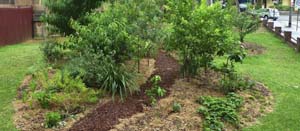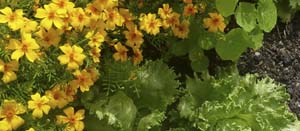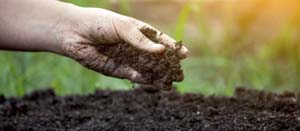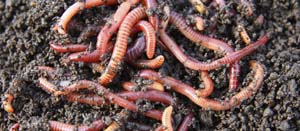SEARCH RESULTS > ARTICLES > Balanced
As urbanization continues to rise, creating sustainable gardens in small spaces has become a crucial aspect of promoting eco-friendly living. Urban permaculture, a design approach that mimics natural ecosystems, offers innovative solutions for cultivating thriving gardens in urban environments. Learn More
Creating a thriving and productive garden involves more than just selecting the right plants and providing adequate water and sunlight. One often-overlooked strategy that can significantly enhance your garden's health and yield is companion planting. This ancient practice involves strategically planting different crops together to maximize their benefits and minimize potential issues. Learn More
Permaculture gardens thrive on the principle of working with nature, and at the heart of a successful permaculture garden lies healthy soil. Building and maintaining fertile soil is essential for sustainable gardening practices that promote biodiversity, water conservation, and overall ecosystem health. Learn More
Attracting more animals to your garden can be a rewarding and enjoyable experience for several reasons. Wildlife can contribute to a healthy and thriving ecosystem in your garden, help with pest control, and provide opportunities for learning and appreciation of nature. Here are some steps to attract more animals to your garden and why it's beneficial. Learn More
Crop rotation is a beneficial practice in gardening for several reasons. Learn More
Regulating the pH in your garden using organic methods is a sustainable and environmentally friendly way to ensure healthy plant growth. Here are several organic methods to adjust and maintain the pH in your garden: Learn More
The microbiome in your garden soil refers to the diverse community of microorganisms that inhabit the soil. These microorganisms play a crucial role in maintaining soil health, nutrient cycling, and plant growth. The soil microbiome consists of various organisms, including bacteria, fungi, archaea, viruses, and microfauna (such as nematodes and protozoa). Here are some key points about the microbiome in garden soil. Learn More
Worms in your garden provide several benefits, making them valuable allies for gardeners and the overall ecosystem. Here are some of the advantages of having worms in your garden. Learn More







